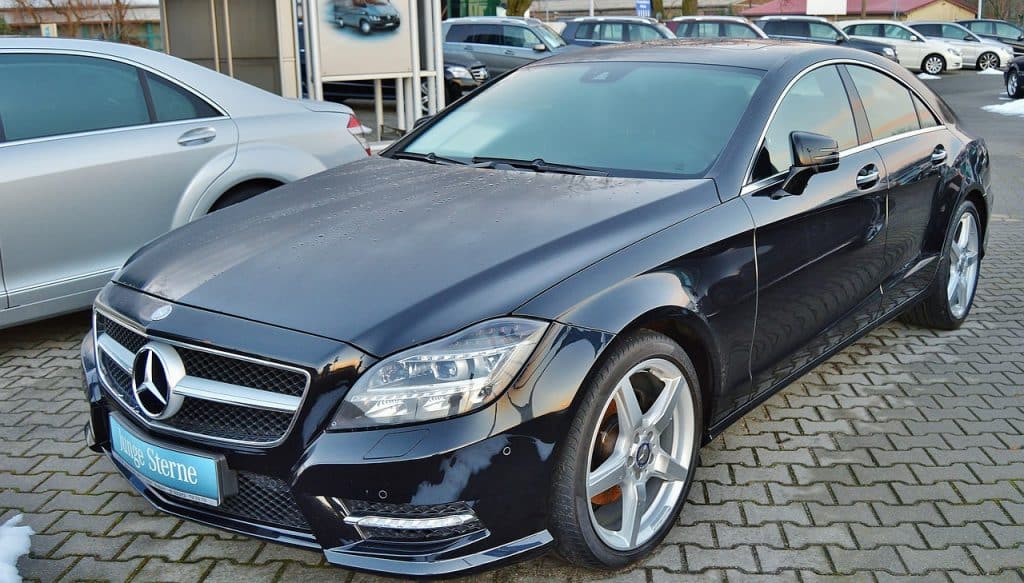
If you’re not a car fanatic, or you’re not from the UK, you might be confused and unsure of how the vehicle number plate system works.
It might seem as though the numbers and letters are random, but some of these numbers or letters do have a meaning behind them. We’re not just talking about personalised number plates that let everyone know you have a sense of humour, but the number plates that are assigned to a car once it rolls off the production line.
Explaining the numbers
Introduced in September 2001, number plates in the UK are formatted to have two letters, two numbers and three letters. The first two numbers will help you to identify when the car was manufactured, with two different possible combinations of numbers created each year to indicate whether it was produced between March and August, or September and February.
If the car was manufactured in the first period, between March and August, the first two numbers on the number plate will correspond to the exact last two digits of the year. For example, if a car has the numbers 15 at the beginning of its number plate, it means that it was produced between March and August in 2015.
If the car was made in the second period, between September and February, the first two numbers on the number plate will be the final two digits of the year, plus 50. For example, if a car was manufactured in September 2015, the first two numbers on its number plate will be 65.
Explaining the two letters
The next section of the number plate will determine where the car was registered, with the first letter representing the region, and the second letter representing the DVLA office.
These aren’t as easy to work out as the first two numbers of the number plate, and you’ll probably need to consult an online directory that breaks down the letters into regions and DVLA registration locations.
Explaining the final three numbers
Just as a personalised number plate will be individual and unique, like these 4d number plates from Number1 Plates who ensure their 4d laser cut number plates conform to the DVLA standards, the last three numbers on a regular number plate are uniquely random.
Unlike personalised 4D number plates in recent times, however, the DVLA never used to create number plates with similar letters or numbers next to each other that could be confused with other numbers or letters, such as zero and the letter ‘o’, or one and the letter ‘l’.
If this explanation hasn’t left you baffled or confused matters even more, you should now be able to identify the age of a car by looking at its number plate. Remember that personalised number plates can be used to hide the age of a car, meaning that it is more likely to be sold at a higher value if you do not ask the vehicle owner for the car’s age before purchasing.
